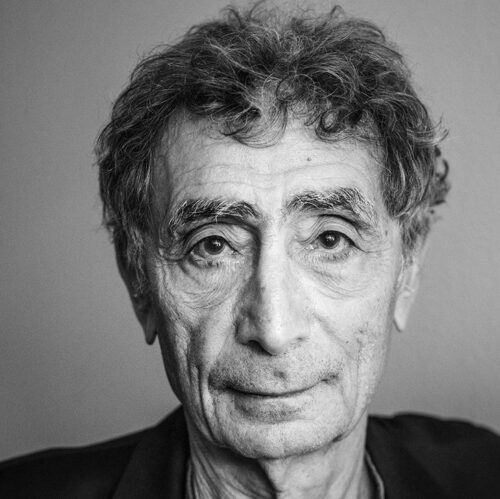Many clients come into therapy wishing their children were more “normal.” Afterall, we all want the best for our children, and fitting into a society is a critical component of future success. What is tricky for therapists to explain is that the idea of “normal” is a product of societal constructs that can enflame feelings of stress and shame. An expert on trauma, anxiety, child development, and addiction, Dr. Gabor Maté talks about how everyday mental health issues are not individual pathologies but are responses to a society that values conformity and productivity over well-being and community.

Maté explains that our society glorifies competition, productivity, and material success, which breeds a culture of stress and alienation. The pressure to conform to these societal norms can lead individuals to suppress their authentic selves and emotions, which can, in turn, create mental health issues, including depression, addiction, and anxiety.
He challenges the traditional theories that mental health problems are due to individual deficiencies and genetics. Instead, understanding the social and environmental contexts where issues arise is more critical in the treatment process.
Understanding why problems occur fosters a more compassionate and inclusive approach to mental health. So, together, we should address the impact of societal forces to get to the root causes of suffering rather than pathologizing the individual and treating the symptoms.
It is helpful to acknowledge that our illnesses are not our own doing. It is not the children’s or parents’ fault. By understanding Maté’s perspective about how societal factors impact us, we may begin to see our children and ourselves in a more compassionate light and challenge how we define “normal.”
Our reading recommendation for the week: “The Myth of Normal” by Gabor Maté
